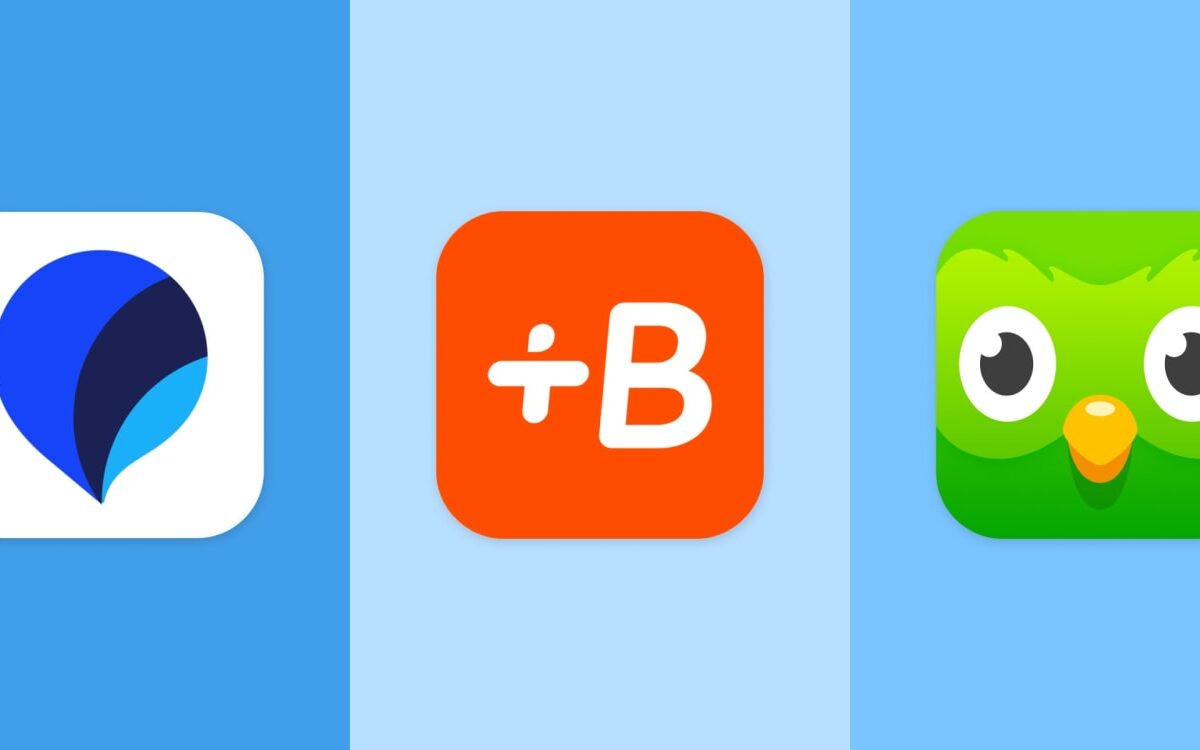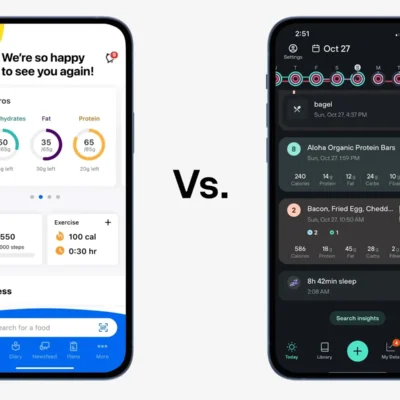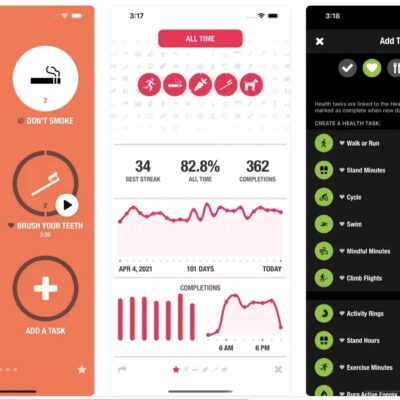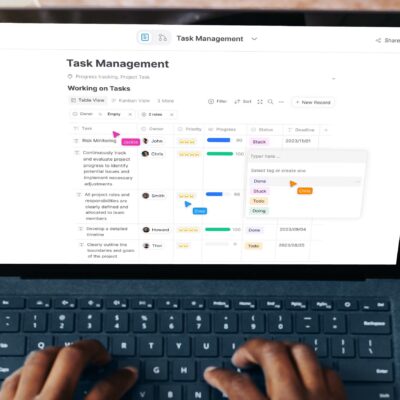In a world that’s more connected than ever, learning a new language has become an appealing pursuit for many. Whether it’s for travel, business, or personal growth, mastering a new language opens up a world of opportunities. But with so many apps and platforms available, choosing the right one can be overwhelming. Three of the most popular language-learning apps are Duolingo, Babbel, and LingQ. Each offers a unique approach to learning languages, so in this showdown, we’ll compare their features, strengths, and weaknesses to help you find the best fit for your language-learning journey.
1. Duolingo: The Gamified Approach
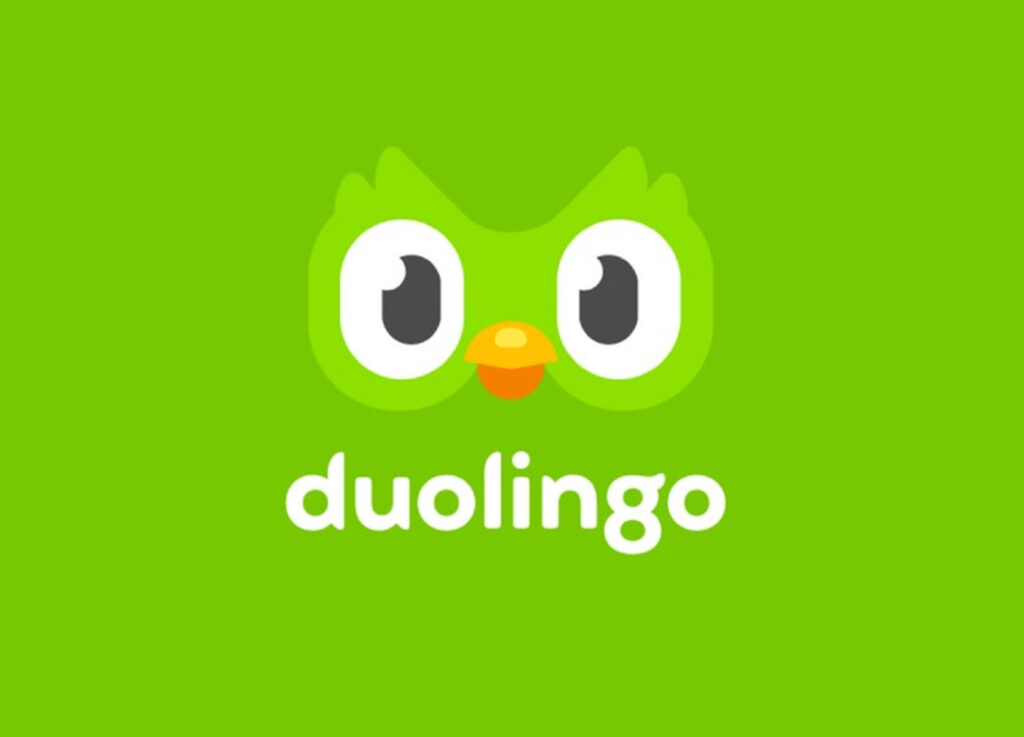
Duolingo is one of the most well-known and widely used language-learning apps, and for good reason. With its free-to-use model, engaging gamification, and a wide range of languages, Duolingo has revolutionized how many people learn new languages.
Key Features
- Free and Freemium Options: Duolingo is free to use, with the option to upgrade to Duolingo Plus for an ad-free experience, offline access, and other perks.
- Gamified Learning: Duolingo uses a game-like interface with points, levels, and streaks. You earn rewards for completing lessons, which keeps you motivated.
- Short, Interactive Lessons: Lessons are bite-sized and focus on vocabulary, grammar, and sentence structures, often in the form of multiple-choice questions, translations, and spoken exercises.
- Wide Language Selection: Duolingo offers courses in over 30 languages, including popular ones like Spanish, French, German, and Japanese, as well as less commonly studied languages such as Welsh and Swahili.
- Progress Tracking: Duolingo tracks your streaks, progress, and practice sessions, helping you stay consistent with your learning.
Pros
- Free Option Available: Duolingo is accessible without any cost, which is perfect for students or anyone on a budget.
- Fun and Engaging: The gamified interface makes learning feel like a fun challenge rather than a chore.
- Wide Variety of Languages: Duolingo offers a huge selection of languages, so you’re likely to find the one you’re interested in.
- Short, Digestible Lessons: Lessons are brief, which makes it easy to squeeze in a session during a busy day.
Cons
- Surface-Level Learning: Duolingo can sometimes feel like it focuses more on vocabulary and grammar than conversational skills. It’s not the best app for achieving fluent conversation skills.
- Repetitive Content: Some users find that Duolingo’s exercises can become repetitive, especially after you’ve been using the app for a while.
- Limited Speaking Practice: While there are speaking exercises, they’re often short and don’t provide as much real-world practice as other platforms.
Best For: Beginners or casual learners who want to dip their toes into a new language or maintain their skills with a fun, gamified experience. It’s also great for those who are looking for a free option.
2. Babbel: Structured Lessons for Real-Life Conversations
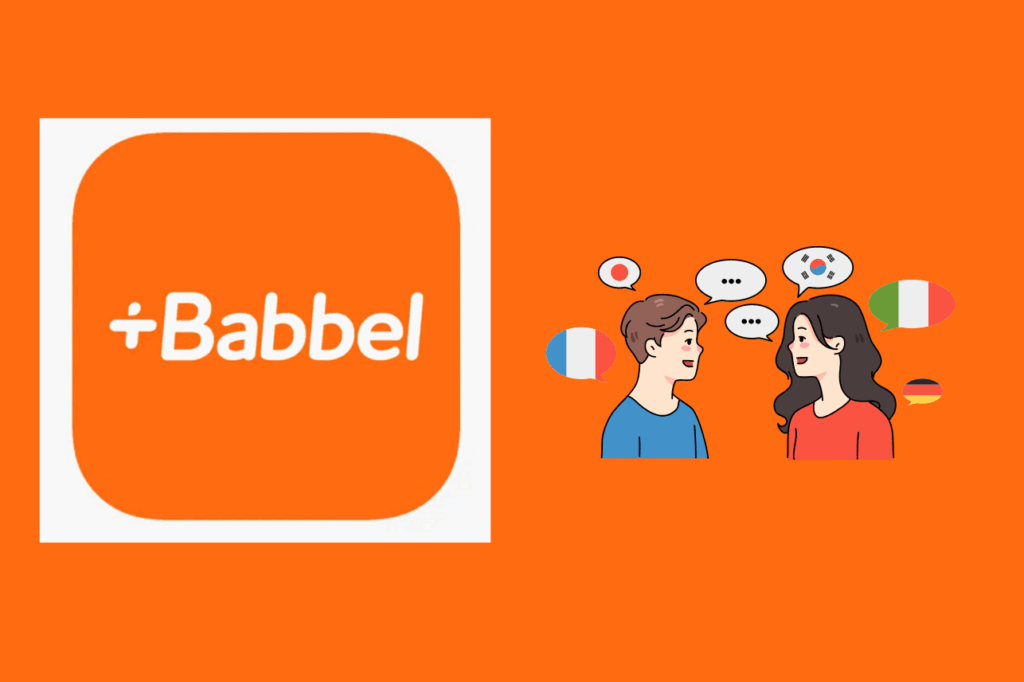
Babbel takes a more structured approach to language learning, focusing on practical, conversational skills and providing a comprehensive curriculum designed by linguistic experts. Unlike Duolingo, Babbel has a paid model, but it offers a more in-depth learning experience.
Key Features
- Paid Subscription: Babbel offers a subscription-based model, with different pricing options depending on the length of the subscription (monthly, 3-month, 6-month, etc.).
- Real-World Conversations: Babbel’s lessons are centered around real-life conversations. It aims to teach you how to navigate everyday situations, such as ordering food, booking a hotel, or making small talk.
- Structured Curriculum: Babbel offers a clear progression from beginner to advanced levels, with lessons focusing on specific themes such as travel, work, or hobbies.
- Speech Recognition: Babbel includes speech recognition technology to help you improve pronunciation and speaking skills, which is essential for building confidence in conversation.
- Grammar Focus: Babbel delves deeper into grammar than Duolingo, offering explanations and exercises that help you understand the mechanics of the language.
Pros
- Comprehensive Curriculum: Babbel provides a more structured approach with clear learning paths that gradually take you from basic to advanced language skills.
- Real-Life Focus: The focus on everyday conversations makes Babbel ideal for learners who want to communicate in practical situations.
- Great for Speaking: Babbel includes speech recognition to improve your pronunciation and speaking skills.
- Clear Grammar Explanations: Babbel’s grammar explanations are more detailed than Duolingo’s, which helps learners better understand the language.
Cons
- Paid Subscription: Babbel is not free, and its subscription can be expensive, especially for students on a budget.
- Limited Free Content: Babbel offers a limited free trial, so you can’t access the full range of lessons without paying.
- Less Gamification: While Babbel’s lessons are interactive, they’re less gamified and fun compared to Duolingo, which may not appeal to those who enjoy a more playful approach.
Best For: Learners who are serious about reaching conversational fluency and prefer a more structured, grammar-focused curriculum. Babbel is perfect for those who are willing to pay for a higher-quality, real-world language-learning experience.
3. LingQ: Immersive Learning with Authentic Content

LingQ offers a unique approach to language learning by focusing on reading and listening to authentic content in the target language. It’s a great option for intermediate to advanced learners who want to immerse themselves in real-world materials like podcasts, books, and videos.
Key Features
- Immersive Learning: LingQ provides access to a library of real-world content, such as podcasts, audiobooks, and articles, to help you learn through immersion.
- Vocabulary Building: You can save and review new vocabulary while listening to or reading the content. LingQ uses a “blue word” system to highlight words you haven’t encountered before, making it easier to learn in context.
- Interactive Reading & Listening: LingQ allows you to interact with text and audio content simultaneously, which helps reinforce vocabulary and improve comprehension.
- Language Exchange: LingQ also offers the opportunity to connect with other learners through language exchanges, where you can practice speaking and writing with native speakers.
- Personalized Learning: You can choose your content based on your interests, making the learning experience more personalized and engaging.
Pros
- Authentic Content: LingQ immerses you in real-world language, which helps you develop a natural understanding of how the language is used in everyday contexts.
- Great for Intermediate Learners: If you already know the basics of a language and want to build on that, LingQ is perfect for expanding your vocabulary and improving comprehension.
- Vocabulary Building: The “blue word” feature is an excellent way to build your vocabulary and review words in context.
- Customizable: You can choose content that matches your interests, making learning more enjoyable.
Cons
- Not Ideal for Beginners: LingQ’s focus on immersion makes it better suited for intermediate and advanced learners. Beginners might find it overwhelming.
- Paid Model: While there’s a free version, many of LingQ’s features require a paid subscription.
- Less Structured: Unlike Duolingo and Babbel, LingQ doesn’t offer a linear course with set lessons. It relies more on self-directed learning, which might not work for everyone.
Best For: Intermediate to advanced learners who want to immerse themselves in real-world content and build vocabulary in context. It’s perfect for those who prefer learning through authentic materials like books, podcasts, and videos.
Conclusion: Which App Is Right for You?
- Duolingo is perfect for beginners or casual learners who want a free, gamified, and lighthearted introduction to a new language. If you’re looking for something fun and easy to use, Duolingo is an excellent choice.
- Babbel is ideal for students who want to learn practical, real-world conversation skills with a structured approach. While it’s a paid service, its focus on speaking and grammar makes it a great choice for serious learners.
- LingQ is best suited for intermediate to advanced learners who want to immerse themselves in authentic content and build vocabulary through context. If you’re comfortable with the basics and want to dive into real-world materials, LingQ offers a unique and personalized experience.
Each of these apps has its own strengths, and the best one for you will depend on your learning style, goals, and budget.


